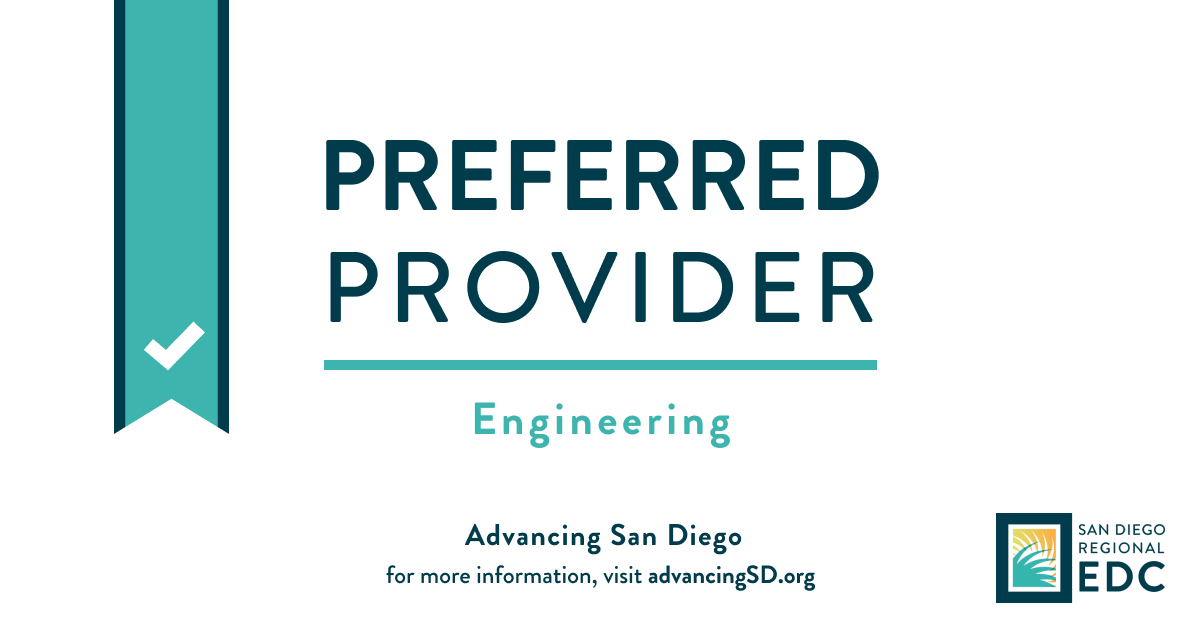
About the Systems Engineering Program
Design. Integrate. Lead.
Unlock the power of systems thinking and advance your career in today's fast-evolving tech landscape.
What is Systems Engineering?
Systems Engineering is the science of bringing together diverse elements—people, technology, software, hardware, and policies—to create systems that outperform the sum of their parts. As defined by INCOSE, these systems deliver results that individual components simply cannot achieve alone. In an era of increasing complexity, rapid innovation, and fierce global competition, Systems Engineering offers the strategic edge needed to deliver smart, reliable, and cost-effective solutions.
Whether you're designing next-gen products, managing large-scale projects, or ensuring smooth integration across departments, Systems Engineering gives you the tools to succeed in any industry.
Why Choose This Certificate?
Gain the skills and confidence to lead complex projects with a proven, systematic approach. This program is led by industry experts and packed with real-world applications to ensure you're ready to deliver results from day one.
Program Benefits:- Learn from instructors with real-world engineering and management experience
- Master the art of building high-performing cross-functional teams
- Develop expertise in project planning and lifecycle execution
- Apply systematic methodologies to improve design, production, and integration
- Engage in hands-on learning to appreciate every component's role in a system
- Minimize costly errors with strong verification and validation practices
- Create clear, effective Statements of Work (SOW) to streamline execution
- Improve system reliability, maintainability, and availability
- Understand critical logistics and support strategies for long-term success
Program Structure
Required Courses (complete in any order):- Systems Engineering Management
- Systems Requirements Analysis
- Systems Engineering Software Overview
- Systems Hardware/Software Integration
- Systems Verification and Validation
- Introduction to Systems Thinking
- Systems Engineering with OMG Sys/ML™
- Logistics I: Logistics Overview
- LEAN Thinking for Big Data Analytics
- Introduction to System Safety
- Digital Engineering with AI
Who Should Enroll?
This program is perfect for working professionals who want to upskill or transition into Systems Engineering. While a Bachelor’s degree is recommended, it's not required to participate.
Ideal for those in or transitioning from roles such as:- Project Management
- Software Development & Engineering
- Electrical Engineering
- System Integration & Design
- Configuration Management
- System Architecture
- System Administration
Ready to Future-Proof Your Career?
Don’t just manage projects—engineer systems that make a difference. Gain the tools to lead, innovate, and deliver results in any complex environment.
Apply now and transform the way you approach complex problem-solving!
Further Reading:
What the Internet of Things Needs: Systems Engineering
What You Will Learn
- How to make effective teams out of multidisciplinary resources
- Skills for planning and executing the various phases of a project
- Systematic methodologies to obtain efficient design and production
- Techniques to minimalize product defects and failures with solid verification and validation methods
- Methods to reduce design changes by producing a clear and concise “Statement of Work” (SOW)
- How to improve system reliability, maintainability, and availability
- The importance of applied logistics and support strategies
Demand and Job Prospects
- 5 year growth rate for San Diego MSA for Systems Engineering is 29.9% (4,450 job increase 2020-2024)
- 5 year growth rate as a national average for Systems Engineering is 28.5% (3,654 job increase 2020-2024)
- Projections for 2025-2026 are showing a growth rate of 1.9% in San Diego (3.4% nationally) compared to 2.2% in 2024-2025 in San Diego (4.0% nationally)
- Top companies hiring individuals with Systems Engineering related skills in the past year in San Diego include Apple, Qualcomm, Leidos, Accenture, Amazon, General Atomics, Insight Global, BAE Systems, Northrop Grumman, ServiceNow (2024-2025)
- Top companies hiring individuals with Systems Engineering related skills in the past year nationwide include Amazon, Accenture, Deloitte, Insight Global, Randstad, Motion Recruitment, Ford, JPMorgan Chase, Cognizant Technology Solutions, Kforce (2024-2025)
- U.S. Bureau of Labor Statistics reports the medain salary range for a Systems Engineer at 97K annually
Systems Engineering
REQUIRED COURSES
All five (5) courses required. Total of fifteen (15) units required.
ELECTIVE COURSES
Select any of three (3) courses. Nine (9) units required.
This Program Is Designed For:
- Individuals seeking to transition from, but not limited to, the following disciplines are encouraged to apply:
- Project Management
- Software Development
- Software Engineering
- Electrical Engineering
- System Integration
- System Design
- Configuration Management
- System Architecture
- System Administration
Industry Certification
- The International Council on Systems Engineering (INCOSE) has established a multi-level Professional SEP Certification Program to provide a formal method for recognizing the knowledge and experience of systems engineers, regardless of where they may be in their career
- For more information on certification http://www.incose.org/certification/
EDC Preferred Provider
The San Diego Regional EDC's Advancing San Diego program is designed to address talent shortages in STEM positions. Students of our program will be eligible for fully-funded internships at San Diego small companies. Learn more about the program by visiting AdvancingSD.com.

Conditions for Admission
UC San Diego Extended Studies programs are designed to best serve college-prepared working professionals. Although programs are open to all adult learners, where program capacity is limited, applicants with this profile will receive preference for admission.

Visit The Virtual Career Hub Today To Unlock Your Benefits!
FAQs
To get more detail on what they have to offer, we encourage you to visit our Leadership and Management Essentials webpage.
Students accepted into this program will take the two courses alongside Scripps Institution of Oceanography(SIO) graduate students in the Master of Advanced Studies (MAS) program in Marine Biodiversity and Conservation (MBC). The program will be completed over the established 9-week summer period (June 26- August 28, 2026), by taking the two required classes SIO-295S and SIO-295LS.
To begin your application, click on the "Apply Now" button on the certificate page. If you do not already have an Application Portal and a My Extension student account, you will be prompted to create one for each to complete your application. Once submitted, your application cannot be changed. You can track the progress of your application at My Extension.
Register at: Apply Now
Select the Program of Interest: Interdisciplinary Marine Conservation
Term: Summer 2026
Applications are open until April 30th, 2026. Applicants are encouraged to apply early as our available slots may fill. The application includes an application fee of $50 that can be paid with a major credit card. A deposit of $1,000 is required upon accepting the offer of admission. The remaining balance of US $18,995 is due by the start of the program. Payment plans are available.
Advisory Board
Ed Fields
Jeffrey Grady
Don Greenlee, B.S., M.S., M.Eng.
Don Muehlbach, Jr.
Moshe Olim, Ph.D.
Hal Sorenson
Related Programs
